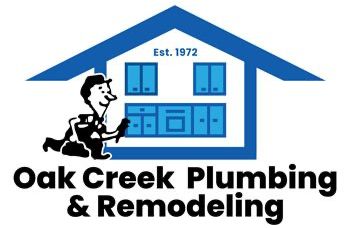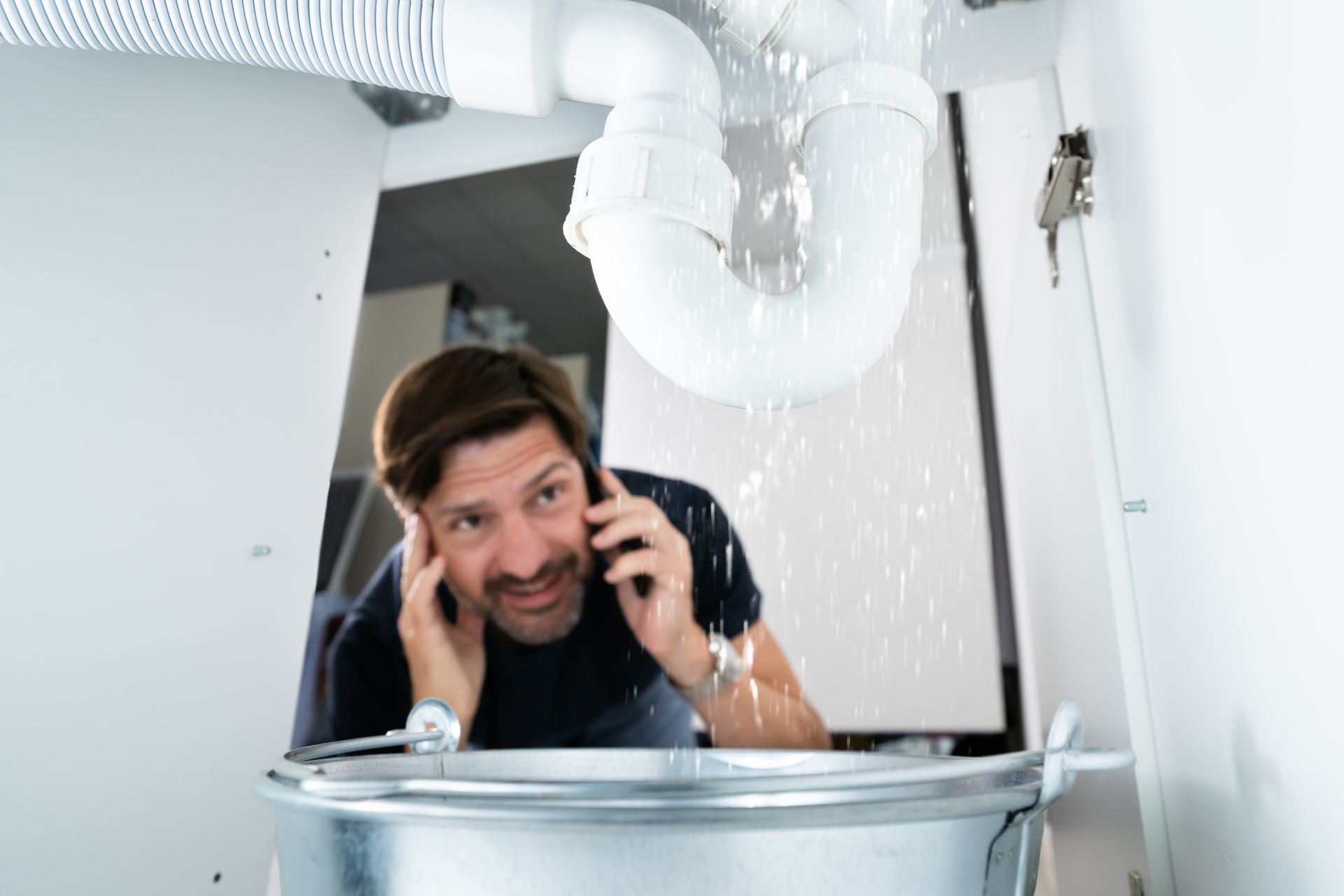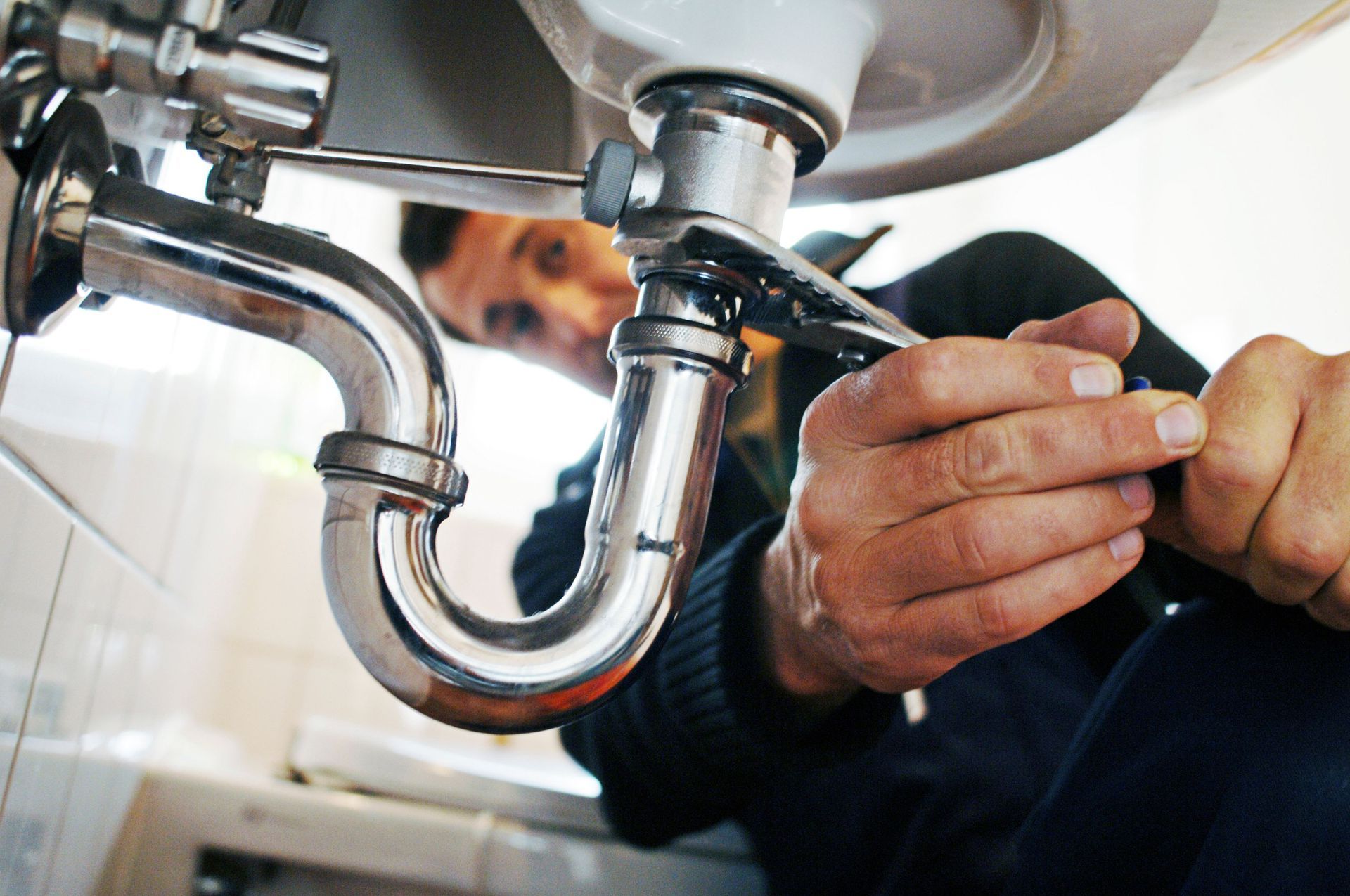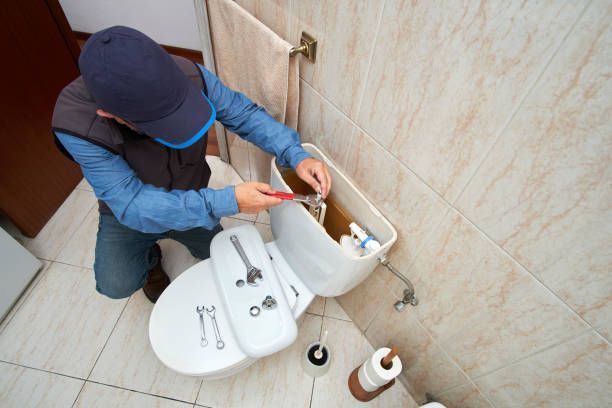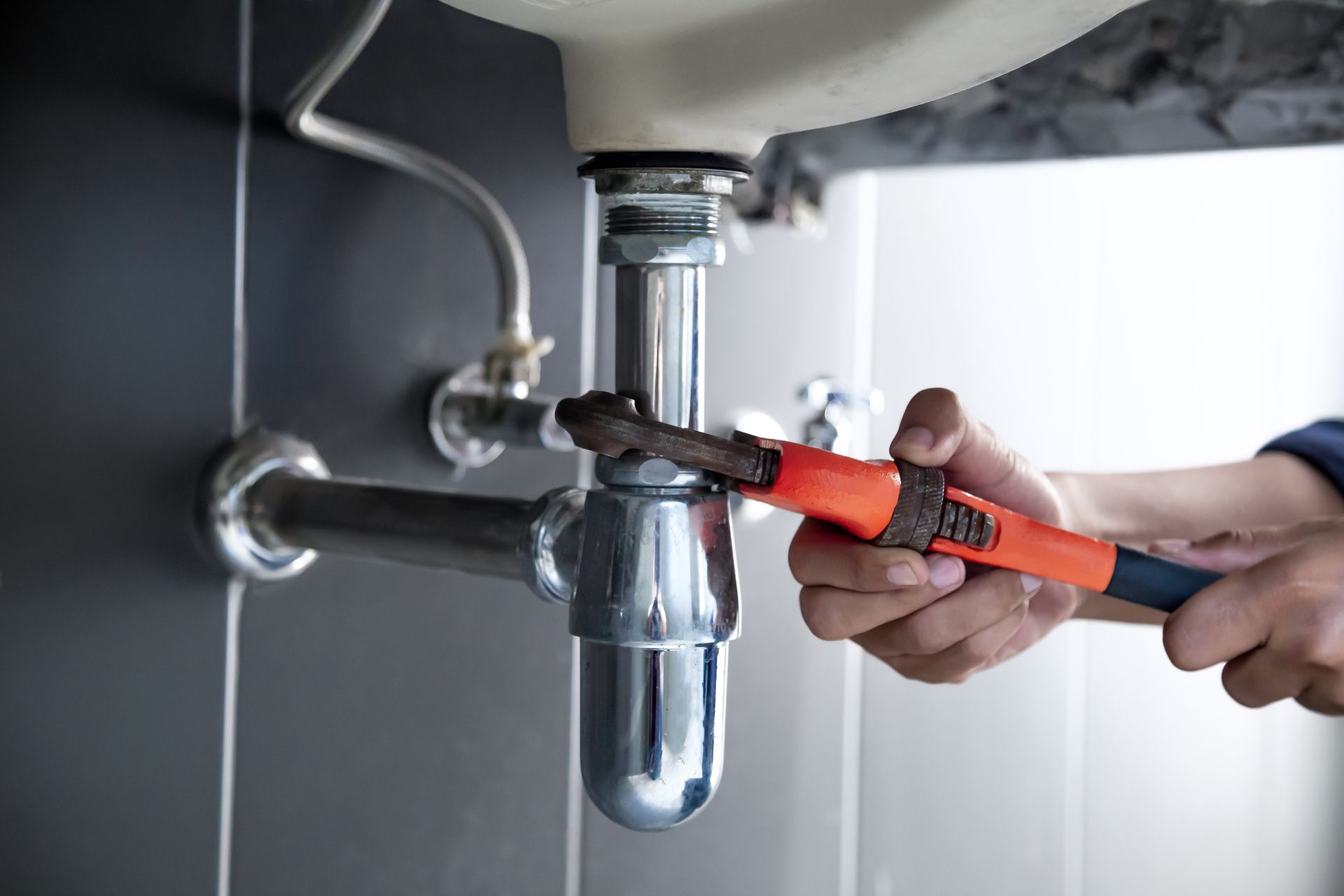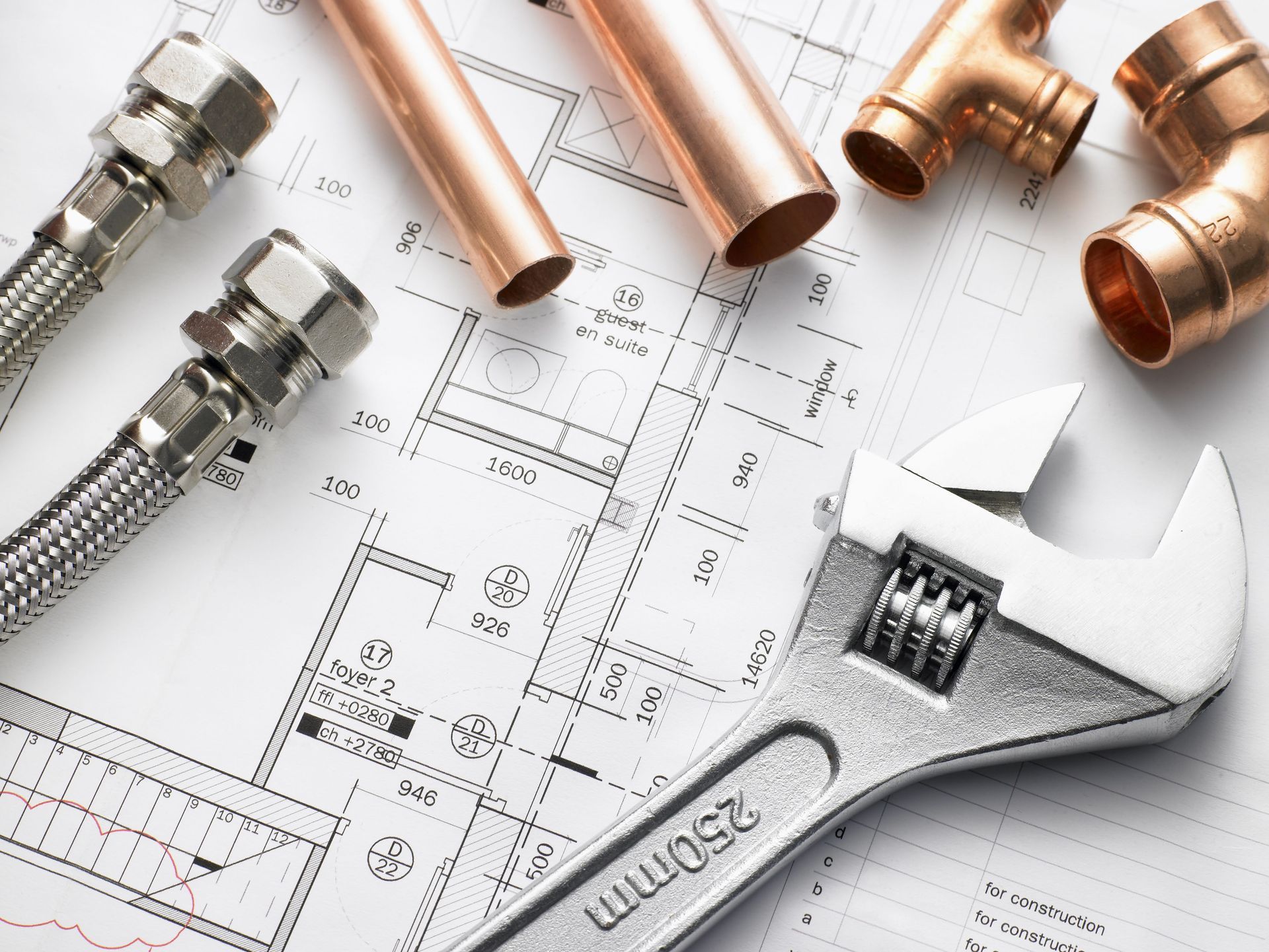The Intricacies of Water Filtration Systems: Weighing Pros and Cons
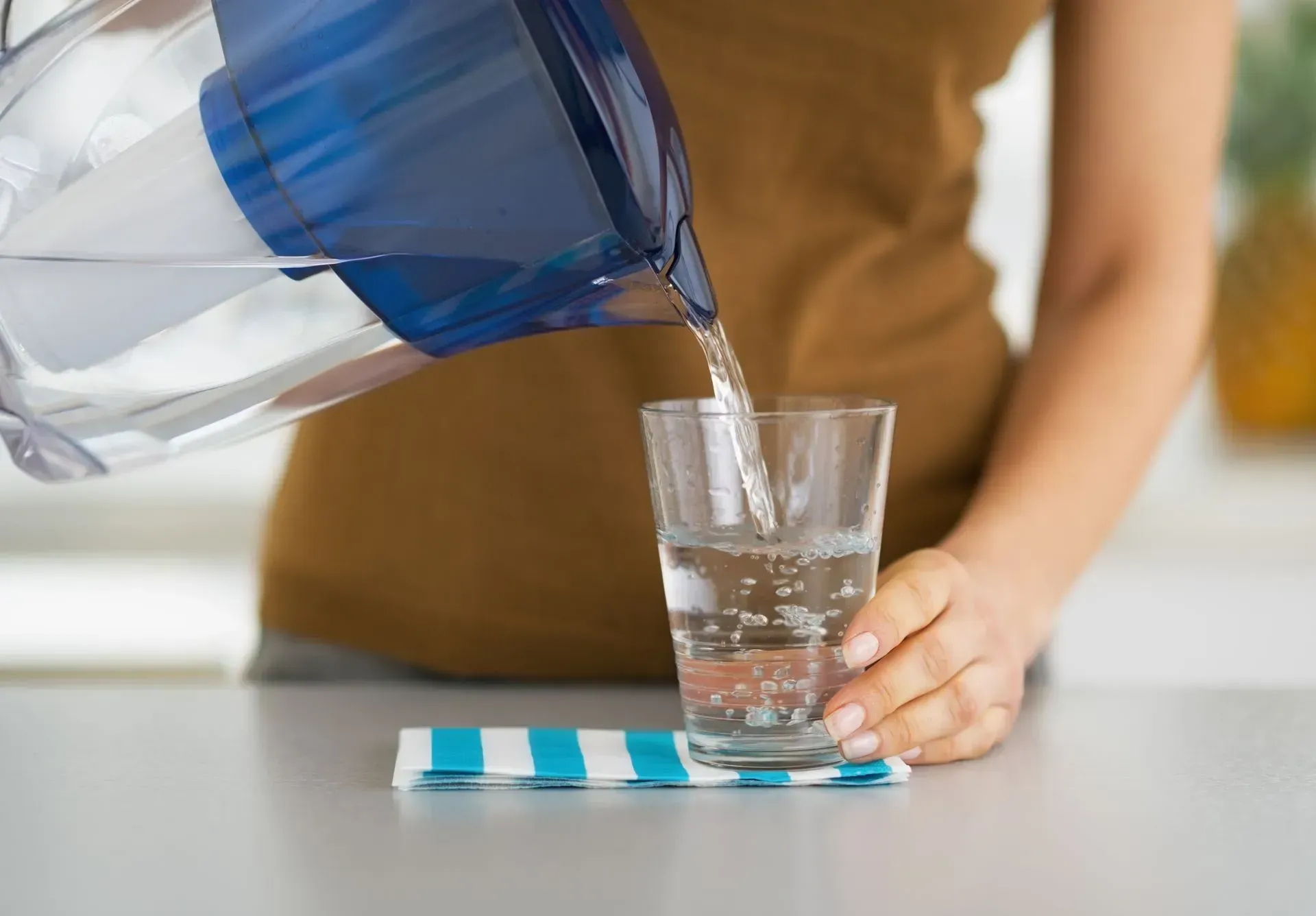
The pursuit of pristine water has become more than just a luxury; it's a necessity. In today's world, with escalating pollution levels and questionable water sources, relying on standard tap water might not be the best choice.
Enter the realm of water filtration systems—innovations designed to transform everyday water into a pure, refreshing beverage. Here are some key characteristics, advantages, and disadvantages of some leading water filtration methods available today.
Activated Carbon Filters
Activated carbon filters are one of the more popular choices amongst homeowners. These filters use activated carbon granules, derived from charcoal, to absorb and filter out impurities from water. Their design allows them to be particularly effective in removing chlorine, sediment, and volatile organic compounds, significantly enhancing the taste and odor of the water.
On the flip side, these filters aren't as efficient when it comes to tackling minerals, salts, or certain inorganic substances. Regular replacement is also essential to maintain their efficiency, which can sometimes be seen as a downside.
Reverse Osmosis Systems
Reverse osmosis systems are the stalwarts of water purification. They utilize a semi-permeable membrane to filter out a vast array of contaminants like fluoride and lead. The outcome is an incredibly pure water output.
However, this purity does come at a cost. These systems tend to waste more water than they purify. Moreover, in the process, beneficial minerals can also get filtered out, which might not always be desirable.
Distillation Systems
Distillation represents one of the oldest methods of water purification. By boiling water and then condensing the steam back into a liquid, a large number of contaminants get left behind. The process is particularly effective against bacteria, pathogens, and heavy metals. However, distillation isn't without its shortcomings. The system can be energy-intensive and might not always remove chemicals that have a lower boiling point than water.
Ion Exchange Filters
Ion exchange filters are designed to soften water by splitting apart ions and then replacing them with others. This method is particularly effective against lime scale. However, the filters might sometimes falter when confronted with heavy metals or bacteria. Also, they need regular maintenance in the form of salt regeneration, which might not be to everyone's liking.
Ultraviolet (UV) Disinfection Systems
Harnessing the power of ultraviolet light, UV disinfection systems target and neutralize harmful bacteria and viruses. Their mode of action ensures that contaminants are rendered harmless without the use of chemicals. But UV systems have their limitations—they're dependent on electricity and aren't effective against non-organic contaminants.
Ceramic Filters
Ceramic filters, as the name suggests, use ceramic barriers to filter out impurities from water. Their porous nature ensures that sediments and bacteria are effectively trapped. While they are commendable for these tasks, their efficiency diminishes when faced with chemical contaminants. Furthermore, the filtration process can sometimes be slower compared to other systems.
Infrared Filters
Tapping into the power of infrared light, these filters are used to soften hard water. By negatively charging the water, infrared filters make it more palatable and softer on the skin. Yet, like other systems, they have their own set of challenges. Being electricity-dependent, they might not always be the most energy-efficient choice, and their scope is limited in tackling a broad range of contaminants.
As one navigates the landscape of water filtration systems, understanding individual needs and the quality of the local water supply is paramount. Engaging with experts and perhaps even getting a water quality test could be the first step towards making an informed decision. The end goal is not just better-tasting water, but ensuring a healthier life.
Contact Oak Creek Plumbing for more information on the best type of water filtration systems for your home.


